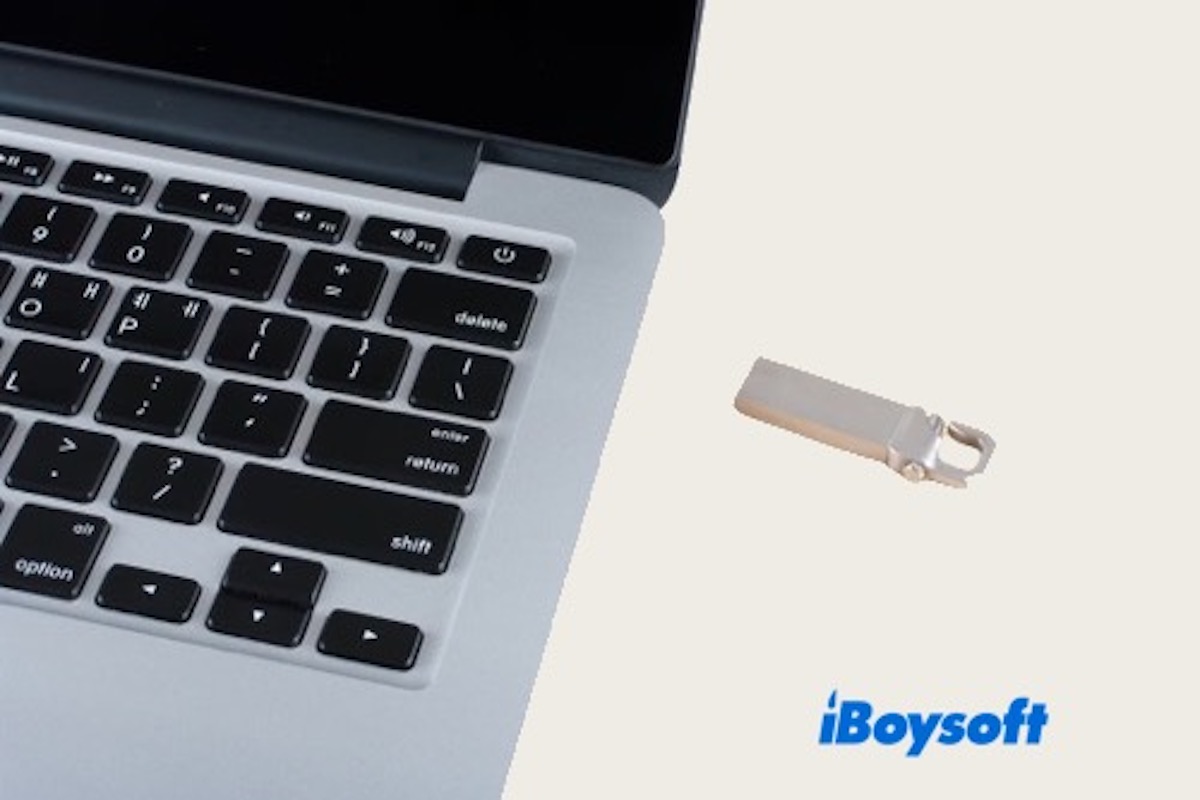USB transfer speed plays a crucial role in moving data between devices. Whether you're transferring files from your computer to an external hard drive or moving photos from your phone to your computer, USB transfer speed directly affects your work efficiency and user experience.
This article will introduce the different types of USB transfer speeds, help you understand the differences between them, and explore the various factors that influence USB transfer speeds.
What is a good USB transfer speed?
Generally speaking, USB transfer speeds tend to increase with each new version. Faster transfer speeds can speed up data transfers, saving you valuable time. Let's take a look at some common USB versions and their speeds:
- USB 2.0: This version, introduced in the early 2000s, offers a maximum transfer speed of 480 Mbps (megabits per second). Although it is still widely used for basic tasks like transferring documents or photos, it is relatively slow by today's standards.
- USB 3.0: Released in 2008, USB 3.0 introduced a significant speed boost with a maximum transfer rate of 5 Gbps (gigabits per second). It's commonly found on modern devices and is ideal for medium-sized file transfers, such as backing up data or transferring high-resolution images.
- USB 3.1/3.2: With even faster speeds, USB 3.1 can reach 10 Gbps, and USB 3.2 can achieve up to 20 Gbps. These versions are perfect for tasks involving large files, such as video editing or gaming data backups.
- USB 4: The latest version of USB technology, USB4 supports up to 40 Gbps, making it ideal for high-bandwidth applications like 4K/8K video streaming or connecting external GPUs for gaming or professional workstations.
Therefore, a good USB transfer speed depends on your specific tasks. For everyday use, USB 3.0 is already sufficient. However, if you require high-end tasks that involve substantial data transfer, USB 3.1/3.2 or USB4 would be more suitable.
Share the different types of USB and its speed with more people!
What factors affect USB transfer speed?
There are several factors that can affect USB transfer speed. As mentioned above, the USB version is one of the most important factors determining transfer speed. In addition to this, the following factors can also influence USB transfer speed.
- Device Performance: The speed of the device you are using can also affect the overall transfer rate. For instance, a slow external hard drive or flash drive will limit transfer speeds, even if your USB port supports higher speeds.
- Cable Quality: The quality of the USB cable is often overlooked but is essential for fast data transfer. Poor or old cables can reduce the maximum speed of data transfer. Always use high-quality cables, such as USB 3.0 or USB 3.1 rated cables.
- Port Compatibility: If you plug a USB 3.0 device into a USB 2.0 port, transfer speeds will be limited to USB 2.0. Ensure both the device and port support the same USB version to achieve optimal speeds.
- System Load: The performance of your computer or device affects transfer speeds. Running multiple processes or having limited resources (e.g., RAM or CPU) can slow down transfers. Closing unnecessary applications can help.
- File Type and Size: Large files transfer faster than many small files due to reduced system overhead. Handling numerous small files can slow down transfers.
- Device or Cable Malfunction: Issues with the USB port, cable, or device can cause slow speeds. A damaged port or faulty cable can lead to errors or delays. Ensure everything is working properly.
Share this article with more people to help them learn about USB transfer speed!
